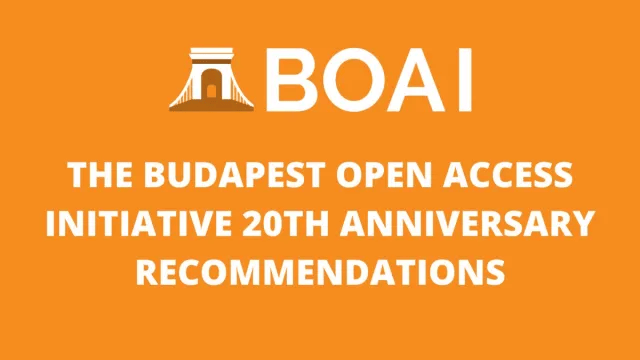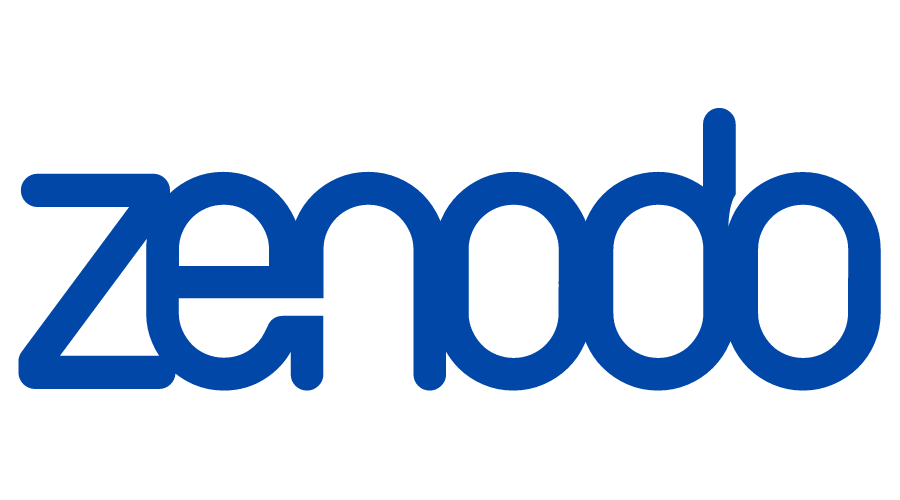Human talent management and its impact on labor productivity in the land transport cooperative CTM of Portoviejo
DOI:
https://doi.org/10.5281/zenodo.14532842Keywords:
management, companies, resource, personnel,, productivityAbstract
The main objective of this investigation was to determine how the management of human talent is related to labor productivity in the CTM ground transportation cooperative of the Portoviejo canton. For this, a questionnaire was applied as an instrument, which was submitted for validation process to verify that its use is reliable, through the statistical program SPSS, applying the Cronbach’s alpha reliability test whose result was 0.747; in which a Likert scale was used that was made up of five dimensions and ten elements for the first variable and three dimensions made up of ten elements for the second variable. The relationship level between the two variables will be prolonged: human talent management and labor productivity, through the simple correlational descriptive level, where the sample comprises all the company’s workers. The management of human talent es related to productivity in the company with a bivariate connection of the Spearman’s Rho method of 0.949, considered as a significant connection and, therefore, it es necessary to seek the well-being of the company’s human talent, this es because the commitment of the personnel with the company promotes greater labor productivity.
Downloads
References
Álvarez-Pérez, D., & Pacheco-Sánchez, C. (2020). Aplicación del branding emocional en el marketing del sector funerario. Revista Científica Profundidad Construyendo Futuro, 8(8), 16-21. https://doi.org/10.22463/24221783.2618
Andraus, C., Lazo, O., & Limonta, R. (2020). La necesidad de los estudios semióticos en el marketing. Revista San Gregorio, (40), 216-231. https://doi.org/10.36097/rsan.v1i40.1388
Barragán, J., Guerra, P., & Villalpando, P. (2017). La economía de la experiencia y el marketing emocional: estrategias contemporáneas de comercialización. International Journal of Good Conscience, 12(2), 159-170. http://www.spentamexico.org/v12-n2/A9.12%282%29159-170.pdf
Carbache, C., Ureta, S., & Nevarez, J. (2019). Aporte del storytelling para la creación del marketing emocional en empresa de agua purificada de bahía de Caráquez, Ecuador 2019. COMUNI@CCION: Revista de Investigación en Comunicación y Desarrollo, 10(2), 140-150. https://doi.org/10.33595/2226-1478.10.2.386
Carbache, C., Zambrano, J., & Lemoine, F. (2020). Estrategia de marketing emocional para la promoción de locales de servicios gastronómicos en la ciudad de Bahía de Caráquez. Ecuador. Económicas CUC, 41(1), 203-216. https://doi.org/10.17981/econcuc.41.1.2020.Org.4
Chiriboga, F., García, D., & Zambrano, E. (2018). Marketing de experiencias y estrategias digitales de comunicación. Revista Científica Arbitrada de Investigación en Comunicación, Marketing y Empresa REICOMUNICAR, 1(2), 2-9. https://doi.org/10.46296/rc.v1i2.0003
Dongo, G., & Mariaca, A. (2019). Impacto del marketing emocional en las lovemarks (Degree thesis, Universidad Católica San Pablo). https://repositorio.ucsp.edu.pe/backend/api/core/bitstreams/b91a6c6b-7c0e-4243-a5e1-ee3dd2fc9c76/content
García, E. (2015). Comercialización de productos y servicios en pequeños negocios o microempresas MF 1790_3. Ediciones Paraninfo S.A.
Jiménez, G., & Zambrano, E. (2017). Marketing sensorial: merchandising a través de las emociones en el punto de venta. Análisis de un caso. Revista de Estrategias, Tendencias e Innovación en Comunicación, (15), 236-253. https://idus.us.es/bitstream/handle/11441/77546/405-2527-1-PB.pdf?sequence=1&isAllowed=y
Ortega, V. (2016). Gestión de la imagen corporativa de organizaciones universitarias desde el enfoque del marketing emocional. Revista Interdisciplinaria de Humanidades, Educación, Ciencia y Tecnología, 3(5), 150-170. https://cienciamatriarevista.org.ve/index.php/cm/article/view/19/8
Pelayo, J., Sandoval, J., & Ortiz, M. (2022). El impacto que genera el marketing emocional en los servicios no buscados. Repositorio de la Red Internacional de Investigadores en Competitividad, 16(16), 1232-1245. https://www.riico.net/index.php/riico/article/view/2159
Piñero, Y. (2018). Marketing emocional: herramienta que conecta sentimentalmente a la marca con el consumidor. Caso: Amigos de los Animales, A.C. en Xalapa, Veracruz. 2017 (Degree thesis, Universidad Veracruzana). https://cdigital.uv.mx/bitstream/handle/1944/51785/PineroZarateY.pdf?sequence=1&isAllowed=y
Poveda, J. (2016). Neuromarketing: un acercamiento sobre su influencia en las decisiones de compra. Universitas:Gestão e TI, 6(2), 105-114. https://www.publicacoesacademicas.uniceub.br/gti/article/view/4306
Reto, C. (2015). Ya no hay empresas que solamente venden productos. UDEP. http://udep.edu.pe/hoy/2015/ya-no-hay-empresas-quesolamente-vendan-productos/
Salas, H. (2018). Neuromarketing: Explorando la mente del consumidor. Revista Científica de la UCSA, 5(2), 36-44. http://scielo.iics.una.py/pdf/ucsa/v5n2/2409-8752-ucsa-5-02-36.pdf
Salazar, R. (2020). Marketing emocional y satisfacción del cliente en el restaurante playa azul Chiclayo-2019 (Degree thesis, Universidad Señor de Sipán). https://repositorio. uss.edu.pe/bitstream/handle/20.500.12802/7803/Salazar%20Díaz%20Rossell%20Jaerzinho.pdf?sequence=1&isAllowed=y
Tocas, C., Uribe, E., & Espinoza, R. (2018). El marketing emocional y la fidelizacióndel cliente. Análisis a partir de los componentes emocionales del Modelo Value Star en la banca por internet del BCP. Revista INNOVAG, (4), 54-66. https://revistas.pucp.edu.pe/index.php/innovag/article/view/20199/20160
Published
Data Availability Statement
The datasets used and/or analyzed during the current study are available from the corresponding author on reasonable request
Issue
Section
License
Copyright (c) 2025 Mayra A. Zambrano, Franklin R. Alcívar, José G. Booz (Author)

This work is licensed under a Creative Commons Attribution-NonCommercial-ShareAlike 4.0 International License.


































